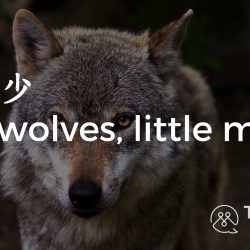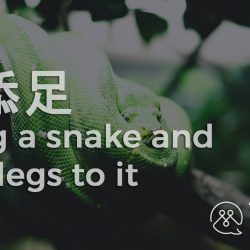How to Ask Name in Mandarin?
How to ask name in Mandarin? Getting to know someone else isn’t always that simple — especially when it is in another language. Trying to speak even just a few sentences in the native language of a foreigner you want to get to know, always shows your interest and respect to that person. And as we[…]










